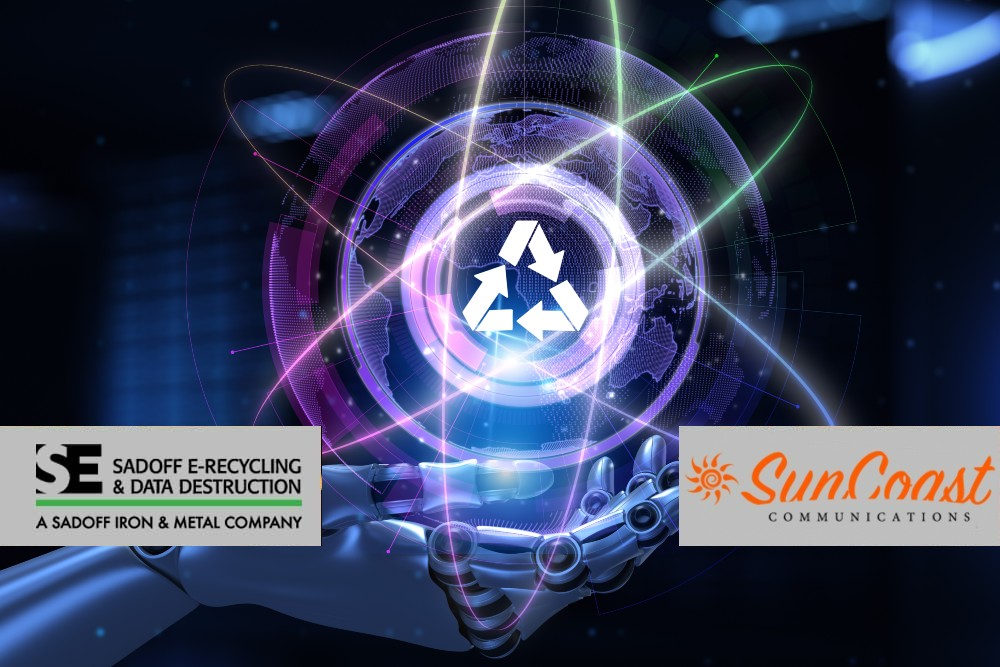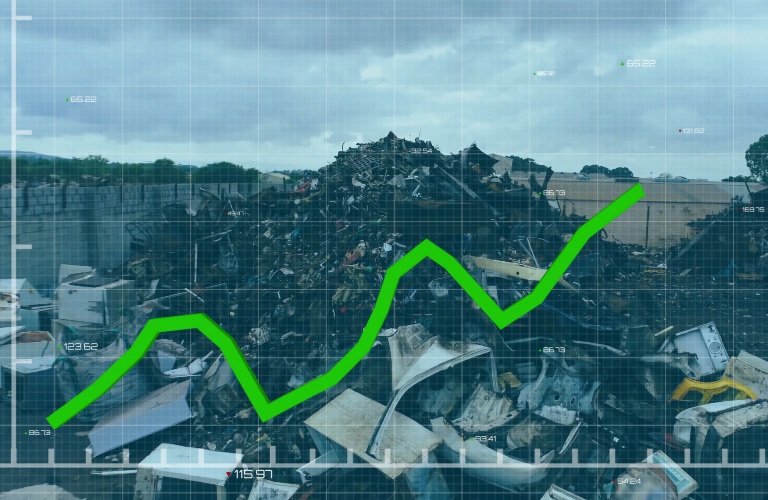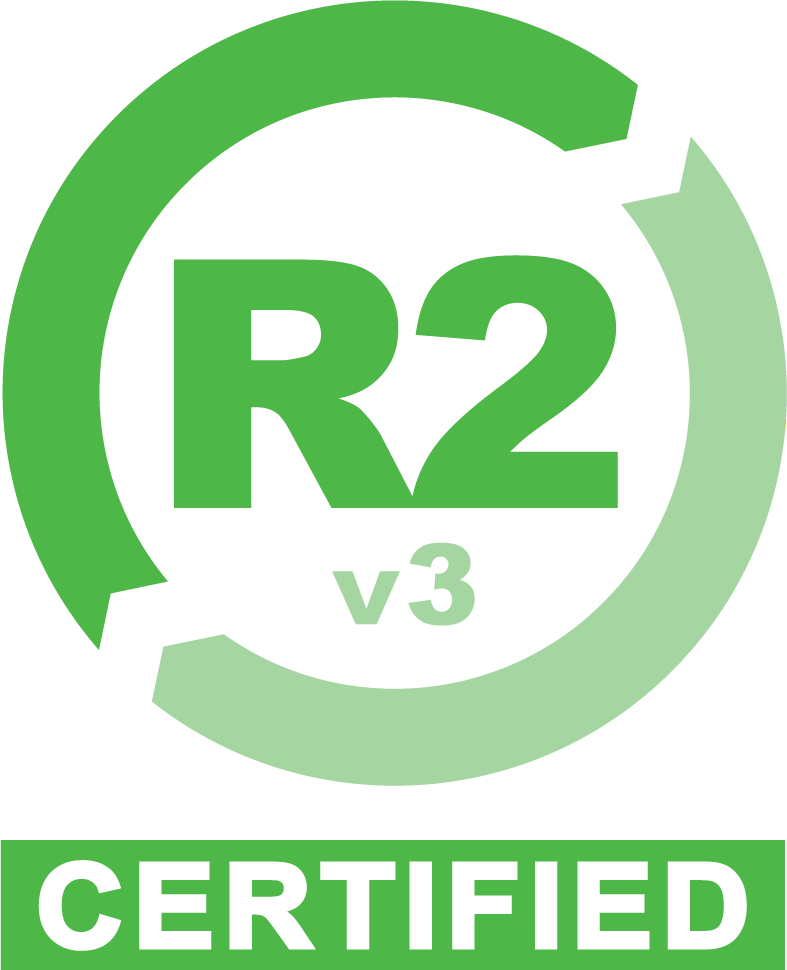E-Recycling Trends in 2025: What Businesses Need to Know
 19
19 Nov
The world of technology is constantly evolving, and with it, the landscape of e-waste and its recycling. As we head into 2025, businesses need to stay informed about the latest e-recycling trends to ensure responsible and sustainable practices. Here’s a look at some key trends shaping the future of e-recycling:
8 E-Recycling Trends for 2025
1. The Rise of Sustainable Materials and Design:
Manufacturers are increasingly incorporating sustainability into their product design. This includes using recycled materials, reducing the use of hazardous substances, and designing products for easier disassembly and recycling. Businesses can support this trend by prioritizing purchases from manufacturers with strong environmental commitments.
2. Extended Producer Responsibility (EPR) is Gaining Momentum:
EPR programs hold manufacturers responsible for the end-of-life management of their products. This encourages them to design products with recycling in mind and invest in recycling infrastructure. As EPR programs expand, businesses may see increased opportunities to partner with manufacturers on e-waste collection and recycling initiatives.
3. The Internet of Things (IoT) and E-Waste:
The explosive growth of IoT devices presents both challenges and opportunities for e-recycling. While the sheer volume of discarded devices is concerning, these devices also contain valuable components that can be recovered and reused. Businesses should partner with responsible e-recyclers who have the expertise to handle these complex devices securely and sustainably.
4. Data Security Remains Paramount:
Data security continues to be a top priority for businesses when it comes to e-recycling. Choosing a certified e-recycler with robust data destruction processes is essential. Look for e-recyclers who offer secure data wiping, physical destruction, and certified data destruction documentation to ensure compliance with data privacy regulations.
5. Emphasis on Circular Economy Practices:
The circular economy emphasizes keeping resources in use for as long as possible. Refurbishing and reselling used electronics is becoming increasingly important. Businesses can contribute to the circular economy by opting for refurbished equipment whenever possible and partnering with e-recyclers who prioritize reuse and resale.
Read More: The Circular Economy and Your Business
6. Artificial Intelligence and Automation in E-Recycling:
AI and automation are transforming the e-recycling industry by improving efficiency and accuracy in sorting and processing e-waste. This technology can help identify valuable materials, optimize recycling processes, and reduce the environmental impact of e-waste management.
 7. Focus on Transparency and Traceability:
7. Focus on Transparency and Traceability:
Businesses are demanding greater transparency and traceability in the e-recycling process. They want to know where their e-waste goes and how it is handled. E-recyclers are responding by providing detailed information about their processes, certifications, and environmental impact.
8. The Importance of Employee Training and Awareness:
Businesses need to educate their employees about responsible e-waste disposal practices. This includes providing clear guidelines on data security, identifying recyclable materials, and promoting the use of company-wide e-recycling programs.
The True Cost of E-Waste: Beyond the Landfill
Sadoff E-Recycling & Data Destruction: Your Partner in Sustainable E-Waste Management
Sadoff E-Recycling & Data Destruction is committed to staying at the forefront of these e-recycling trends. We offer comprehensive e-recycling and data destruction services that prioritize environmental responsibility, data security, and compliance with industry best practices.
Our services include:
- Secure data destruction: We offer a range of data destruction services, including data wiping, degaussing, and physical destruction, to ensure your confidential information is protected.
- Responsible e-waste recycling: We process e-waste in an environmentally responsible manner, maximizing reuse and recycling while minimizing landfill waste.
- Compliance and certifications: We are committed to adhering to all relevant environmental regulations and industry standards.
Partner with Sadoff for Sustainable E-Waste Solutions
As e-waste continues to grow, it’s crucial for businesses to partner with responsible e-recyclers like Sadoff. We can help you navigate the evolving landscape of e-recycling and develop sustainable e-waste management practices that benefit your business and the environment.
Contact us today to learn more about our services and how we can help you achieve your sustainability goals.
Categorized in: E-Recycle




 Google map directions
Google map directions
 Google map directions
Google map directions
 Google map directions
Google map directions
 Google map directions
Google map directions
 Google map directions
Google map directions
 Google map directions
Google map directions
 Google map directions
Google map directions